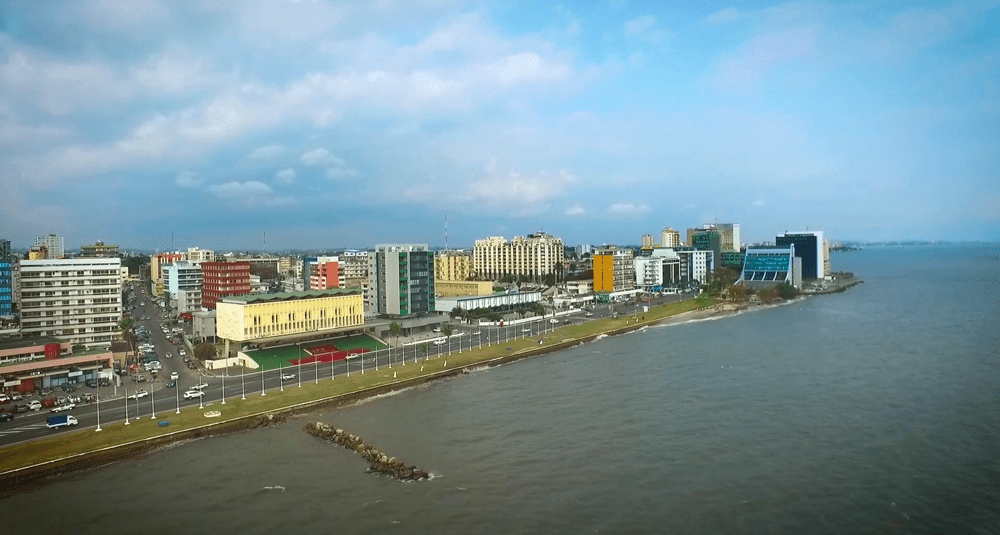What is the capital of Gabon?
Last Updated:
Libreville is the capital of Gabon, a country in Central Africa. Located on the west coast of Gabon, on the shores of the Atlantic Ocean, Libreville is the country’s largest city and its political, economic and cultural center. Founded in 1849, the city takes its name from Libre, in honor of the freed slaves who settled there after the abolition of slavery. Libreville has a population of around 700,000, making it Gabon’s most densely populated city.
The city has grown up around its natural harbor, which plays a crucial role in Gabon’s international trade, notably for the export of natural resources such as oil, timber and manganese, the country’s main sources of wealth. The oil sector in particular represents a major part of the Gabonese economy, and Libreville is one of its main business centers.
Libreville is also home to numerous governmental and diplomatic institutions, making it the administrative heart of Gabon. The emblematic Presidential Palace overlooks the bay of Libreville and symbolizes the city’s political importance. As the country’s educational center, Libreville boasts several universities, including the Université Omar Bongo, named in honor of Gabon’s former president, Omar Bongo.
The city is a blend of modernity and tradition. Modern skyscrapers and luxury hotels stand side by side with historic districts, where traditional wooden houses can still be found. Boulevard de l’Indépendance is one of the city’s main thoroughfares, lined with modern buildings, boutiques, restaurants and local markets.
Culturally, Libreville is a veritable melting pot. There is a diversity of Gabonese ethnicities, such as the Fang, Myènè and Punu, as well as an international influence from expatriates living in the city. This is reflected in the local art and music scene, where traditional Gabonese music blends with modern influences such as jazz, reggae and rap. The Musée national des arts et traditions du Gabon, located in Libreville, preserves important objects relating to the country’s history and traditions.
Libreville also boasts a rich natural heritage. The city is surrounded by tropical forests and sandy beaches, making it a popular tourist destination. Visitors can explore nearby national parks, such as Pongara National Park, or relax on beaches such as Pointe Denis, accessible by boat from the city.
Although Libreville is the nerve center of Gabon, it also faces challenges common to many large, developing African cities. Infrastructures, such as the road network and public services, are sometimes under pressure due to the rapid growth of the urban population. However, the city remains a symbol of Gabon’s economic growth and a key player in the Central African region.
Libreville is much more than a capital city. It’s a city that reflects Gabon’s dynamism and diversity, a city where history, culture and economy converge to create a unique place. It is also a strategic point in the country’s economic development, with its major port and central role in the export of Gabon’s natural resources.
You may also be interested in
geography

What is the capital of Gabon?
Answer
Libreville, the political and administrative capital of Gabon, the country's largest city by number of inhabitants, is the capital of the Estuary province.